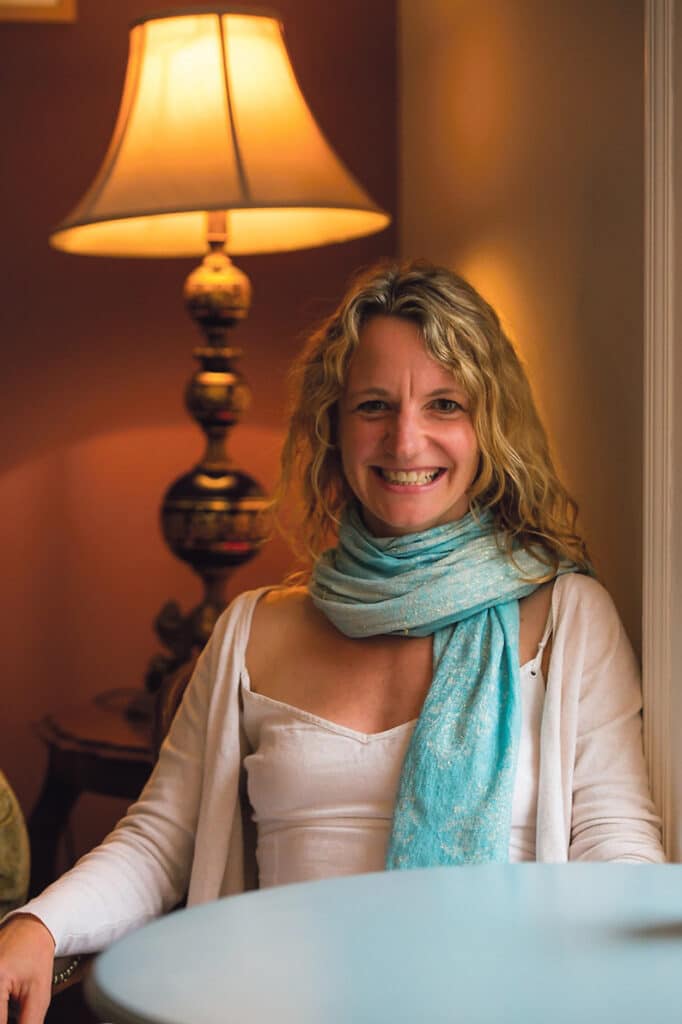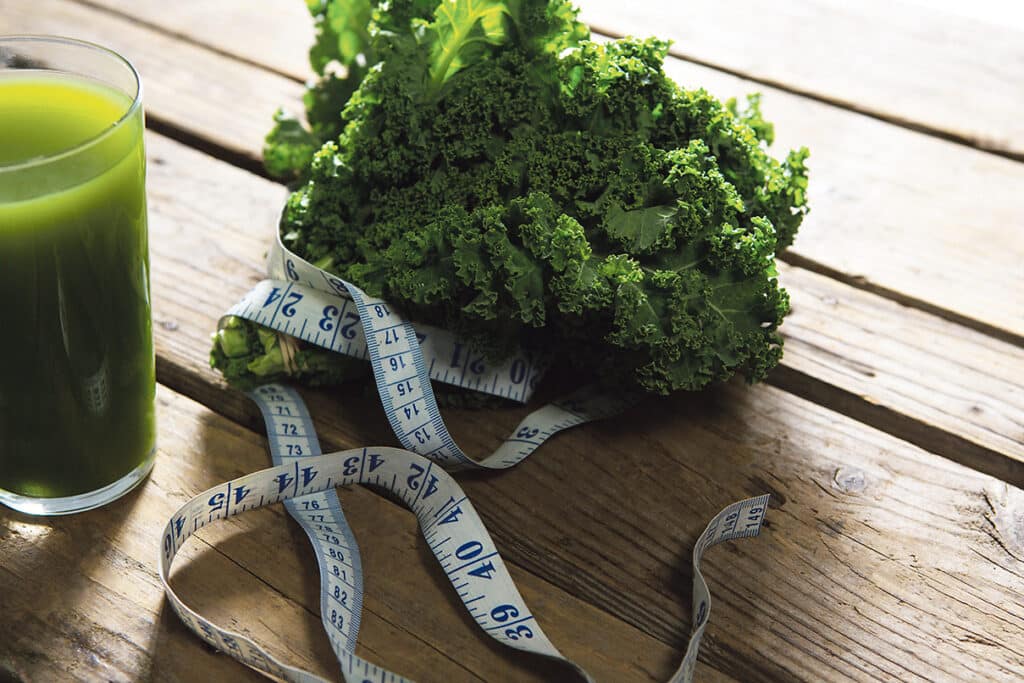
Lisa Brinkmann is a Clinical Psychologist and Psychotherapist working in private practice in Clonakilty and is one of the core members of BROD. Lisa also has a degree in Sex Research and Forensic Psychiatry and works with clients with any psychological or mental health problem, but is also specialised in the area of sexuality and gender. Lisa is also a proud mother of two young girls and lives with her family in West Cork.
As a society we are constantly growing, changing and evolving. Each generation questions aspects of the previous status quo and often brings change to things that seemed totally unquestionable before. Some things change fast and easily, others require hard and prolonged battles, endurance and courage. Anything regarding topics of sex and gender definitely falling into the latter category. Examples for this are manifold…. The right to vote in Ireland wasn’t granted to women until 1918, after decades of campaigning by the suffragettes. Homosexuality wasn’t decriminalised until 1993 in Ireland, defining any same sex relationship as criminal offense until then. And it took until 2015 before same sex marriage was legalised in Ireland and same sex couples could benefit from the same legal and societal protection of marriage as heterosexual couples could. The right to define which gender one identifies with wasn’t granted in Ireland until 2015, and in this particular instance, Ireland was for once not catching up with European neighbours, but the first country to introduce this legislation and shine as an example…After LGBTQI+ and Transgender organisations advocating and rallying for this for years.
I am saying all this, because as a heterosexual and cisgendered woman, I have been blind and oblivious (and at times even ignorant) to this inequality and the many struggles and battles people from the LGBTQI+ community have and had to endure and in many instances still have to fight for to this day.
And these are only the big obvious things I pointed out.
Underneath the surface lie hundreds and thousands of subtle inequalities that are interwoven into our everyday life, mostly not visible at first sight, but equally painful and destructive.
Let me shine a little light on some of these less visible aspects I am talking about:
I am a 40-year-old woman, happily married to a man and very happy in the female body, which I was born with. As a child, I was very content with the clothes my mother picked out for me and I remember clearly how excited I was about wearing a very beautiful dress at my communion. All movies I watched and books I read had either princesses (or female leads) I could identify with and princes (or male leads) I could admire. And the ‘happily ever after’ between prince and princess imprinted in me the deep trust that there was a prince out there waiting for me too one day. My parents never had any issues with my choice of toys (a lot of dolls) or activities (dancing, music and horse riding) and encouraged me as much as they could.
From my teenage years, there was a keen interest from other girlfriends (and some well-meaning adults) wanting to know which boys I fancied or if I had a boyfriend yet. Any sex education I received in and outside of school was in regard to male and female genitalia and their relationship to each other (or not….).
Whenever I was in a relationship in my life, I could just do so without any announcement or need for permission and could show my affection to my partner in public at any time. My husband and I had the ability and choice to get married when we felt ready for it, which was celebrated by all our families and friends without hesitation.
I have never needed to justify myself or my gender for using power tools when single-handedly building a chicken coop in our back garden or not wearing make up on days when I just don’t feel like it. And I can use toilets in restaurants, shops and cafes without a moment’s hesitation and have never been bullied or harassed for doing so.
All of this is a privilege I hold. Because I am heterosexual and cis-gendered.
And those are just a very few examples… the list could go on and on.
A lot of people don’t experience this privilege. In fact, most people from the LGBTQI+ community don’t. From the earliest time in childhood on.
In our hetero- and cis- normative world, there are expectations from parents and society to look a certain way or behave a certain way. For people from the LGBTQI+ community, there are no (or hardly any) role models in stories, books and movies that represent a different way of relating and being in the world. Instead, there is a need to justify oneself and who one is in love with over and over again. And sometimes that can even be dangerous and bring threat to ones emotional and physical wellbeing.
Everyday life things that I can take for granted (like being addressed with the right name and pronouns, being able to use a public bathroom) are not a given for many LGBTQI+ people. And again, the list goes on and on.
I am making this point, because it is easy to see the big and obvious inequalities people from the LGBTQI+ community had and at times still have to endure. But it takes a little bit more investigation to see the small and subtle inequalities that still persist in nearly all areas of our society.
The good news is: It is very much in our power to change the small and subtle injustices and inequalities. Just by changing our language and narratives and being mindful and more inclusive of LGBTQI+ matters and realities, we can change a lot. It’s a very difficult and strenuous process to change the big things, such as legislation and laws. But the small things, we can start with them right now…each of us.
And it doesn’t take much.
And if we all do, then we are no longer in a place of privilege, but in a place of equality.
I for my part believe that would already make the world a better place.



